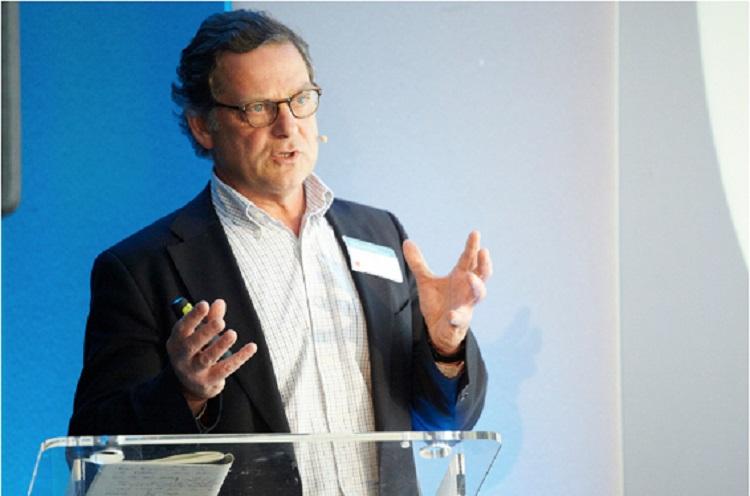Mergers: Managing Change

In the further education sector, a growing number of colleges are exploring the possibilities of a merger. There are, of course, obvious benefits: mergers present an opportunity to combine resources, modernise and expand to create a more attractive option for future students. But mergers also cause considerable upheaval, ushering in a period of uncertainty and disruptive change that can make the process of transitioning extremely stressful for staff, pupils, and parents.
Under such circumstances it is important that these institutions take measures to protect against feeling of stress, ensuring that they don’t spread through the community, negatively impacting on individual and group wellbeing and performance.
But how should they go about doing this?
Firstly, it is necessary that staff and students gain insight into relevant aspects of human psychology, and the ways in which our perceptions and emotions impact on our behaviour. Neurologically, human beings crave familiarity, perceiving what we know to be safe and protective, while that which is unfamiliar is perceived as threatening. When confronted by significant change in our environment, such as a merger, therefore, we are put at increased psychological risk of going into a threat state – a state in which our bodies naturally flood with the stress hormone, cortisol, and our brain’s rational operating systems are overridden, hijacked by anxiety and fear, reducing our ability to think and act rationally.
There are two things that we should know about this process:
The first is that these inhibitive reactions are entirely natural and normal. We are hardwired to discern between what is safe and what is threatening, with an ‘open-loop’ neural network in our brains designed to distinguish between friend and foe. Although in today’s more complex world this automatic threat-receptor can be remarkably unhelpful, sending us into unnecessary states of panic and anxiety that hinder our ability to think clearly, rationally and proactively, it was essential for survival on the savannahs of Africa 60,000 years ago. Understanding that this process is natural and normal while also creating environments in which non-judgmental, open discussion about stress can occur is crucial, because the de-stigmatisation this brings about can help guard against negative rumination and meta-emotions (i.e. getting stressed about being stressed), which only hamper us more.
The second thing to understand is that our reaction to uncertainty is determined not by the event itself, but by the way we perceive it; as the stoic philosopher Epictetus wrote, ‘it is not what happens but the view we take of it that matters.’ In other words, although feelings of threat are normal, if we can learn to step back, remain calm and rationally reassess a situation, stopping our emotions from hijacking our rational neural networks, we can curb unhelpful stress and adopt a more thoughtful, solution-focused attitude towards whatever is threatening us.
This process relates to a trait known as ‘tolerance of ambiguity’ (TA), which describes our individual and collective ability to cope with unpredictability and, importantly, is determined largely by our perception of events. For example, if we perceive change as threatening, becoming anxious or freezing up, our ability to respond rationally and proactively will deteriorate. However, if we approach change with excitement and curiosity, perceiving it instead as a challenge – an opportunity for growth and development – we will be better positioned to respond rapidly and adapt to shifting circumstances.
To sustain optimum performance and wellbeing amidst the volatility brought about by a merger, further education colleges should look to build this capacity for tolerance of ambiguity and uncertainty in their staff and students. Since emotions are highly contagious, tending to spread rapidly throughout our social groups, it is especially important to build this capability in faculty and individuals whose influence over others is significant. As well as diminishing negative emotional contagion, increasing positive interaction between members of a community can help build tolerance of ambiguity as repeated collaborative and cooperative activity enhances trust and generates a sense of protective familiarity. Over time, such positive interaction can foster a rich culture of social learning, reinforcing productive norms and behaviours throughout the institution.
For the best outcomes when managing change and uncertainty, these colleges should commit to a strategic and holistic approach that combines individual and social learning around relevant aspects of human psychology to build productive, supportive communities.
While we are all unique, psychology and neuroscience show us that we do act in predictable ways, and it is by gaining insight into these predictable behaviours, enhancing those that are constructive and diminishing those that are negative, that a successful transition can be made.
Dr. Brian Marien, Founder and Director of Positive Group – specialists in evidence-based programmes to improve psychological wellbeing and build resilience enabling individuals and teams to fulfill their potential.
*the remaining 15 FE colleges received a ‘provisional’ rating, meaning they did not have sufficient data to be fully assessed
 About Dr Brian Marien, Founder & Director, Positivegroup.org: Dr Brian Marien is a Founder and Director of Positive Group, a Doctor of Medicine and a health psychologist. He studied cognitive and behavioural psychology at Kings College London and wrote his master’s thesis on occupational stress and ‘burnout’.
About Dr Brian Marien, Founder & Director, Positivegroup.org: Dr Brian Marien is a Founder and Director of Positive Group, a Doctor of Medicine and a health psychologist. He studied cognitive and behavioural psychology at Kings College London and wrote his master’s thesis on occupational stress and ‘burnout’.
Over the past 10 years he has worked collaboratively with a highly experienced team of psychologists and neuroscientists at Positive Group to combine research-based knowledge, practical cognitive techniques and adaptive behaviours that are readily integrated into day to day life. He has worked with senior leadership teams to embed ‘Positive Programmes’ in Asia, USA, Australia, UK and Europe.

Responses